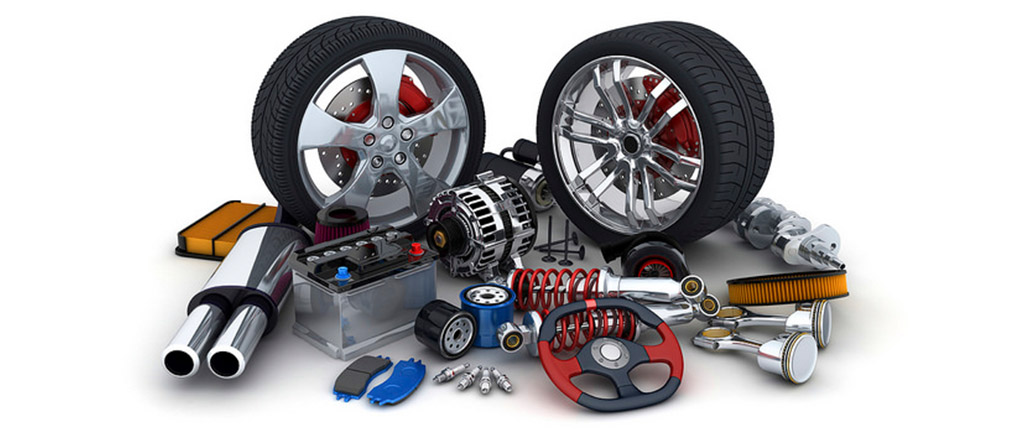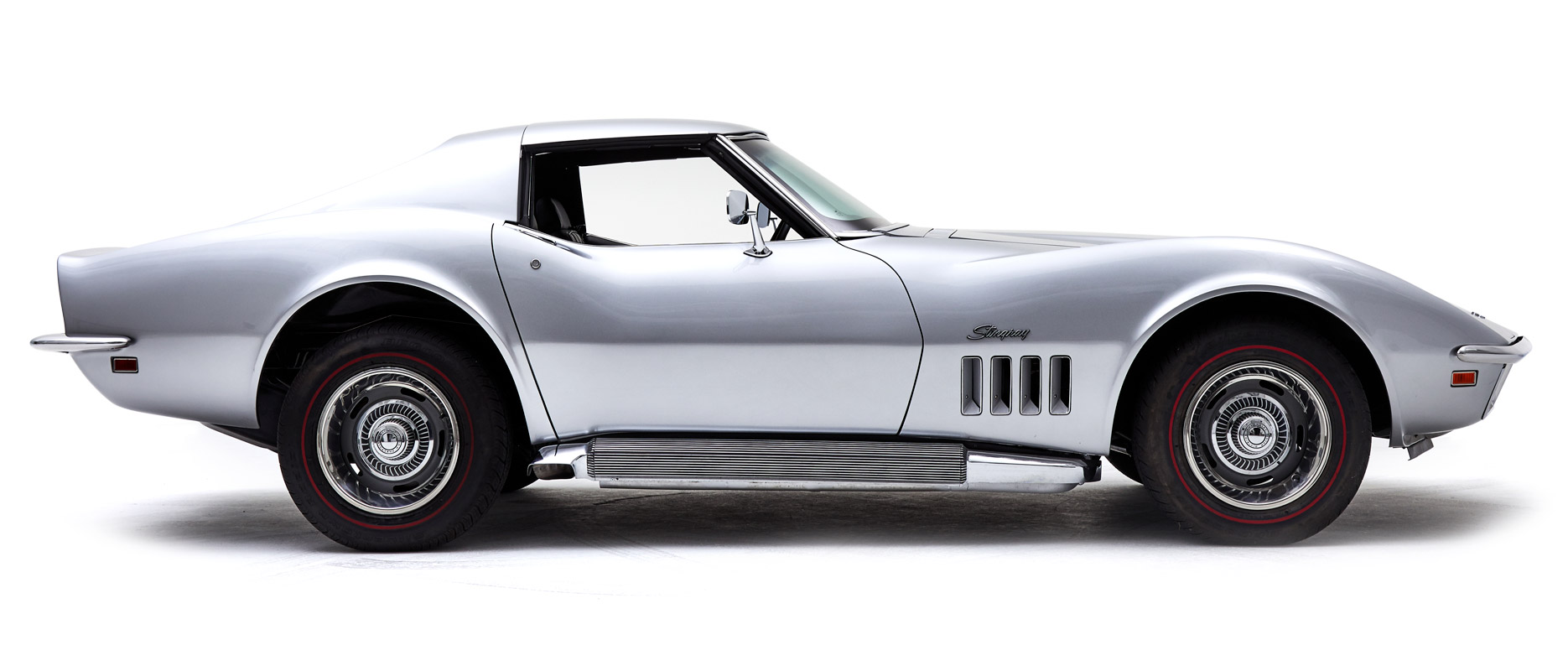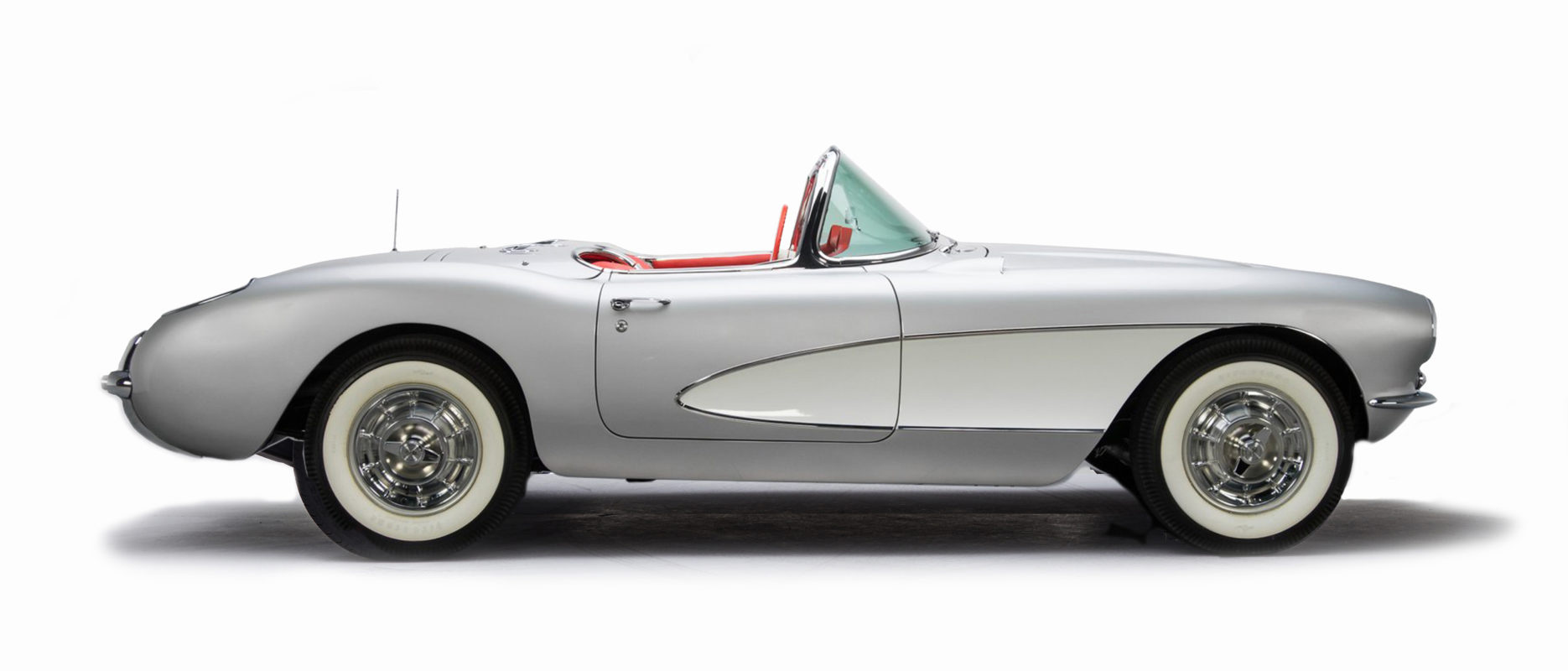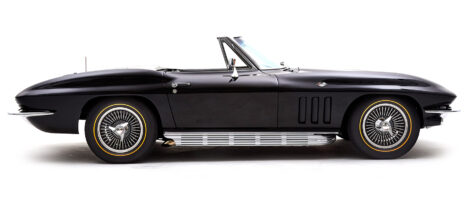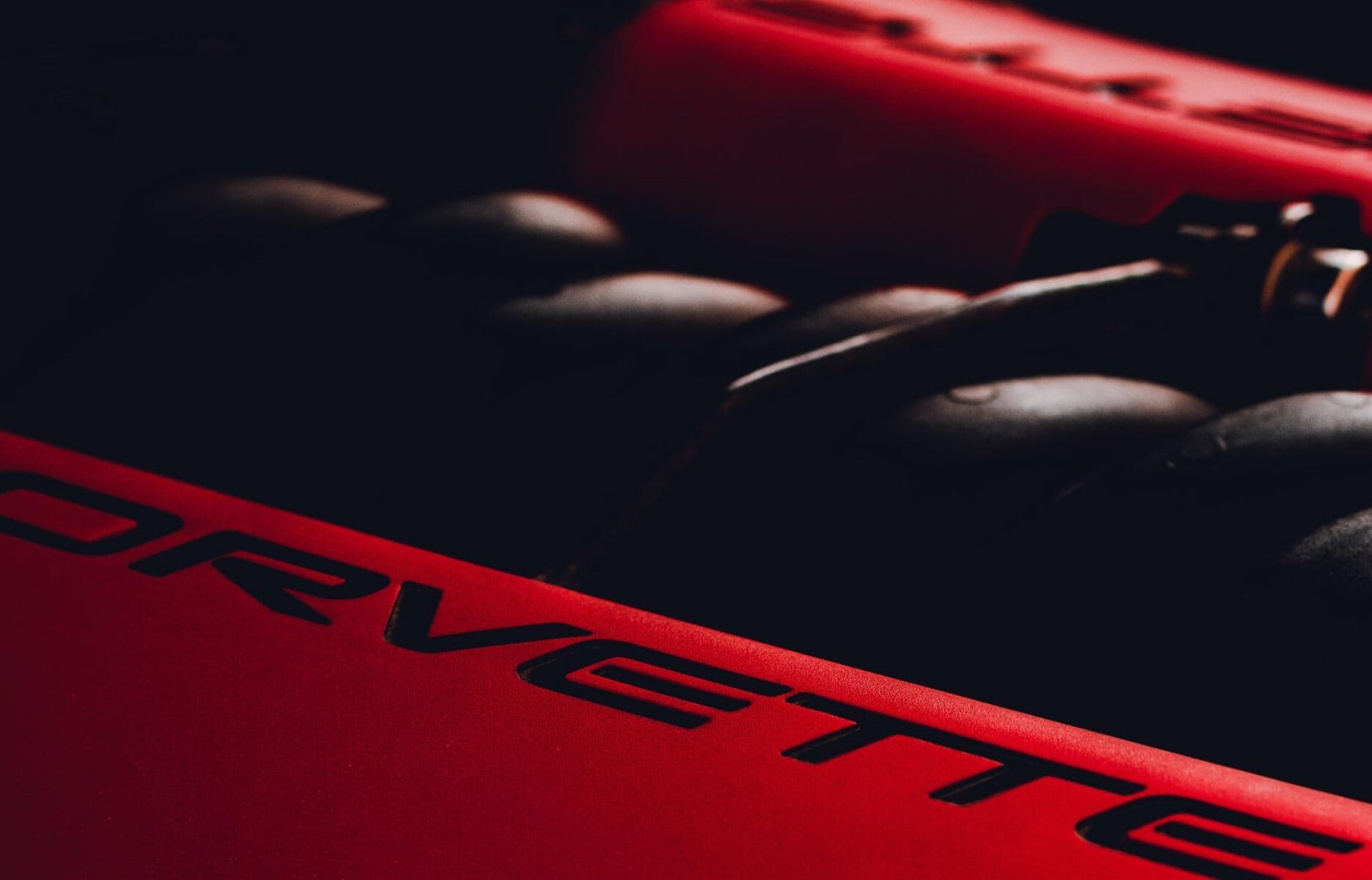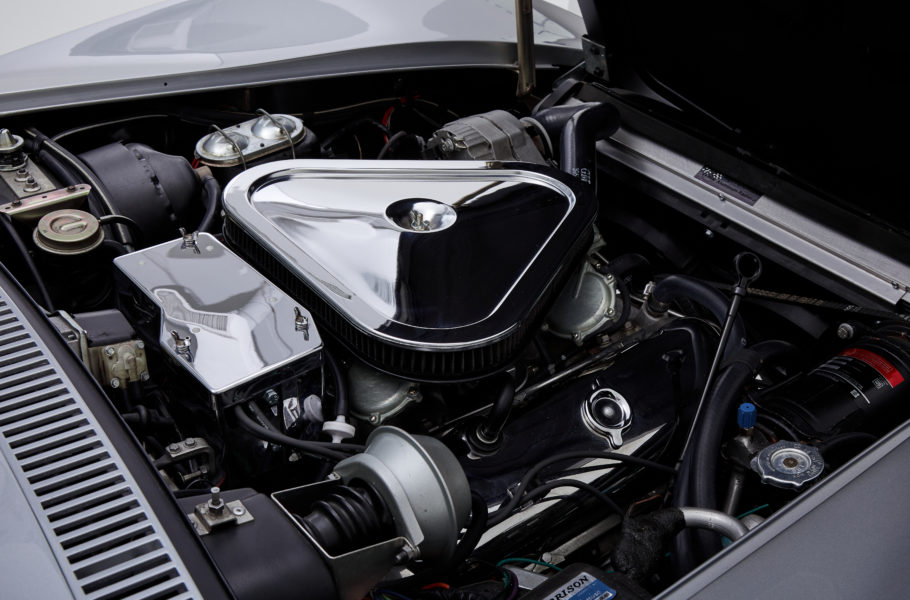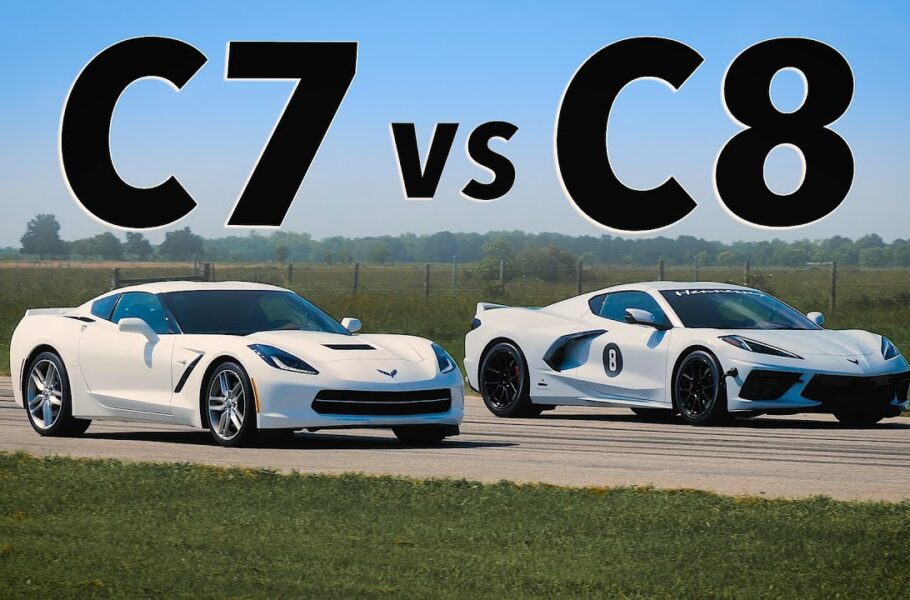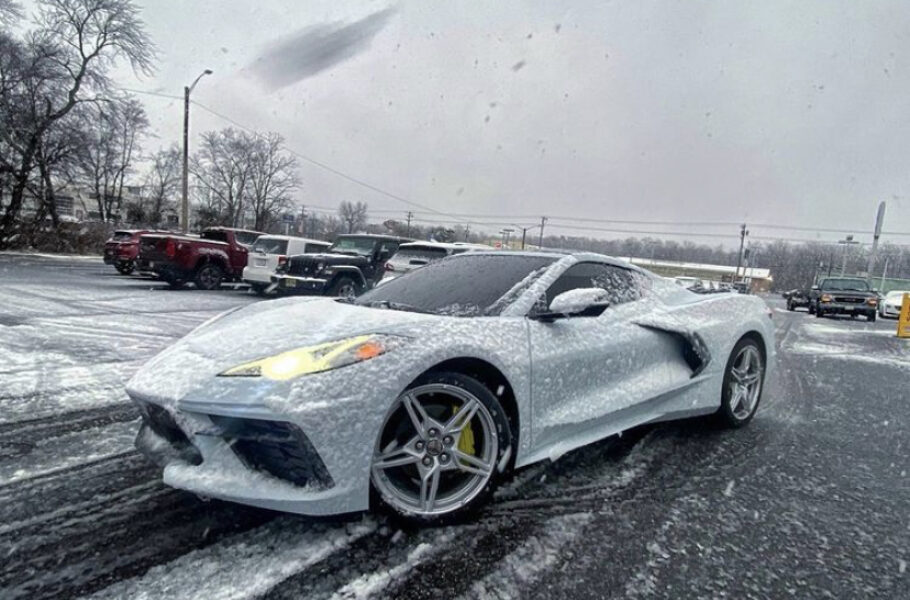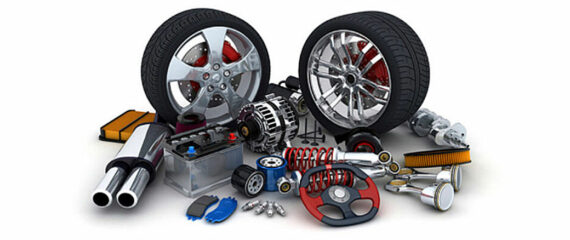Dyno tuning has long been surrounded with myth and conjecture. We at Corvette Care look at ECM modification and and that modification done on a calibrated dynamometer like any wrench in our tool box: It’s just one more tool to help your car run it’s best. We thought maybe it would be good to recap exactly WHAT tuning does.
It’s really not all that magic, but the results can be.
So by the time we’re done with this, we hope you’re a little more knowledgable about what ECM programming can do, can’t do, and why it is or is not right for your car.
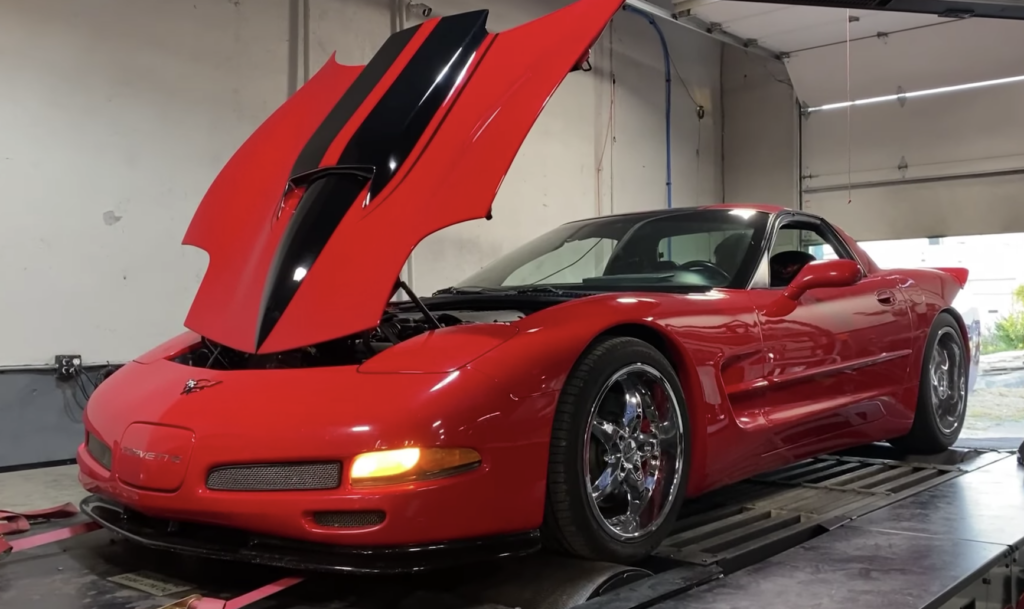
What is “Tuning”
Tuning has been around as long as there have been machines that need optimized. From those first steam powered contraptions to our new fangled electronically controlled automotive systems, ever since a machine made power, we’ve been trying to squeeze the most power possible out of it.
Common slang in the automotive world merits a little bit of clarification… The “Dyno” is actually a Dynamometer. It’s that big expensive machine that measures the output of your Corvette. “Tuning” is actually ECM programming. It’s the process of altering the data in your Corvette’s computer to better match what the car needs to run at it’s most effecient. We’re not saying this to be elitist, it’s just that “dyno tuning” has become the common vernacular for programming an ECM on a dynamometer. Tuning has been done on cars since the early days of racing, and there’s wasn’t a dyno or computer in existence at that point.
The ONLY reason we bring all of this up, is to fortify our original point that Tuning is simply another tool in our bag to help you ge the most out of your Corvette. So now that all of that is out of the way, what’s actually being done?
The Corvette Care Tuning Process
First and foremost, at Corvette Care we utilize HP Tuners suite of software to scan, modify, and reprogram your Factory ECM. We also can calibrate and program all of Holley’s ECM platforms, and programmable Fuel Injection systems. If you have another standalone system or a piggyback setup that we aren’t familiar with, we will refer you to a specialist. We know a lot of them, and use them whenever we’re not 100% capable in your unique platform. Keep in mind this is also the case if you’re on a platform we know, but have modified your Corvette in such a way that a specialist is a good option.
In short, we only tune Corvettes that we know we can get the best results from.
Does Corvette Care use stock tunes, or custom dyno tunes?
We are often asked are our tunes “Stock” tunes, or do we “Dyno tune”. This is where that wording from before becomes important. We believe that quality TUNING can only be done on a dynamometer. We do have standard ECM modification that we can and do use on every Corvette (even bone stock Corvettes… no joke). These “bench tunes” do not require a dyno. Bench Tunes are also not modifying timing or fueling tables in any way. We’re changing things like modulated throttle control, ABS interference timing, and torque output modulation. All of these we call “Nanny Controls”. Think of them like the governor on that go kart you had as a kid… Be honest, you had way more fun once you removed that spring from the carb.
But the meat and potatoes of a reprogram of your Corvette’s ECM for performance cannot be done in a quality way without repeatable controlled runs on a dyno.
What we’re saying is that we have electronic “tweaks” that will make your Corvette more responsive without ever touching a Dyno, but if you want us to actually calibrate your ECM for maximum efficiency, we always do that on a Dyno. Those service offerings are two separate price points.
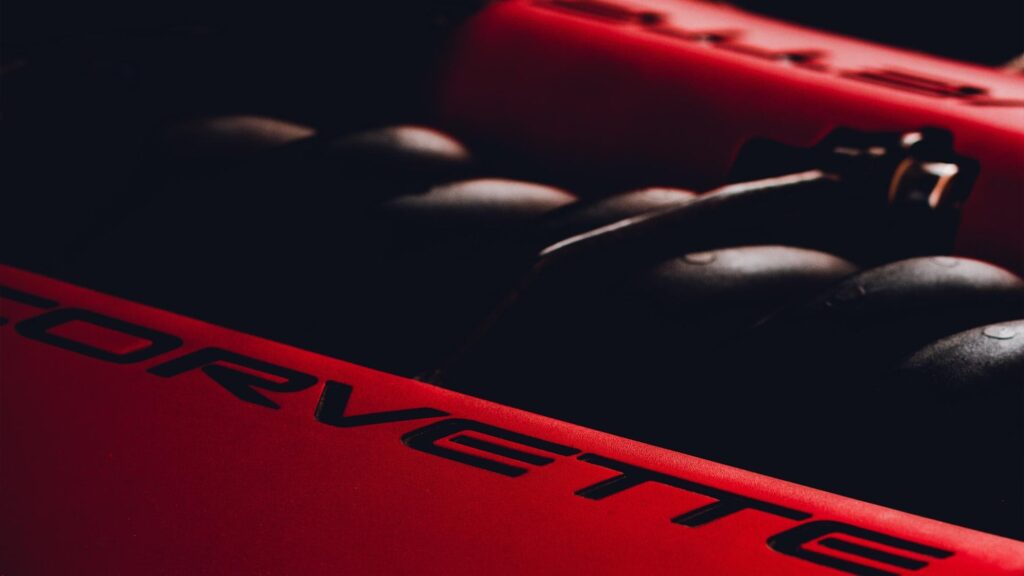
What Does Dyno Tuning actually do?
When we’re on a dyno and tuning, we’re changing the data that is stored in your ECM’s memory to better fit the modifications on your car. This process is applied to all systems managed by the ECM… engine, transmission, ABS system, Body Control Module… it’s all able to be altered and modified to fit your use.
As it related to your engine power, your Stock ECM has the ability to learn and change it’s fuel and timing tables over time, but sometimes you choose to make major changes to your car. From forced induction, cam swaps, intake and exhaust changes, and fueling alterations… these changes are outside of the ability of the ECM to learn. If given a chance to run on a stock data set, the now “bad data” can cause a computer controlled vehicle to not run, or in worst case scenarios, damage itself.
In these instances, we can update the data in your ECM to reflect those changes, and then on a dyno we can monitor the operation of the car under load, and fine tune that information to maximize performance.
Don’t be baffled by bullshit.
Ask any qualified tuner, and you’ll learn quickly that there isn’t a “race tune” a “safe tune” and a “street tune”. That’s all bullshit. Period. The ONLY thing for your car is the “Correct” tune based on the data that it produces. That “Correct” tune can be modified to reduce power to improve engine longevity, or pushed into an unsafe space to get more power but with potential harm to your engine.
Sometimes, if the modifications on an engine can exceed the safe operating limits of the engine hardware, a tune can be used to keep an engine within its healthy limits. A great example of this is boost limiting a turbo.
Just Choose Wisely
When you’re looking to hire a tuner to modify your Corvette, we simply ask that you choose wisely. Ask a lot of questions, get referrals, and ask what’s stumped them in the past. Also ask what the follow up looks like, and ask how they price their tunes. If any of these questions aren’t easily answered, find someone else to dabble in the brain of your Corvette. It’s really a big deal.
More questions than answers? Reach out to us here, we’re always happy to help you however we can.
